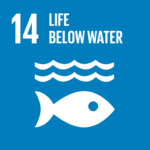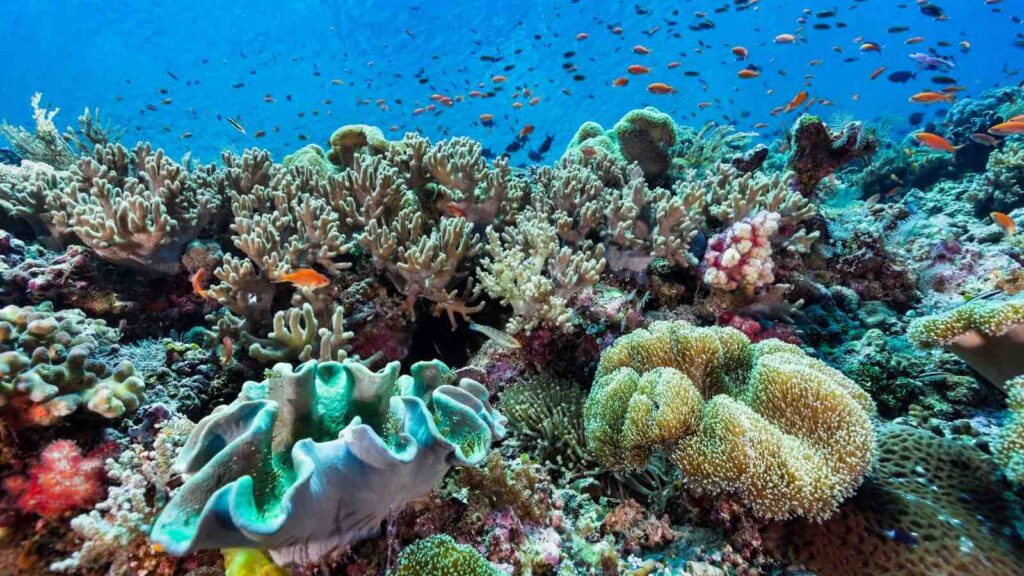The deal is structured under the U.S. Tropical Forest and Coral Reef Conservation Act, with $26 million of Jakarta’s debt to be written off. Conservation International will contribute an additional $3 million, while The Nature Conservancy will provide $1.5 million.
In a landmark agreement that marries debt relief with environmental conservation, the United States has committed to forgiving $35 million of Indonesian debt over the next nine years. The deal, announced Monday by the U.S. Treasury, is aimed at protecting and restoring coral reefs in what experts consider the world’s most biodiverse marine region.
RELEVANT SUSTAINABLE GOALS



The Debt-For-Nature Swap
This debt-for-nature swap, the fourth between the two countries since 2009, comes at a critical time for coral reefs globally. Recent data reveals that nearly two-thirds of coral reefs worldwide have experienced heat stress severe enough to trigger bleaching in the past year, a phenomenon that can lead to widespread coral death.
The agreement focuses on two key areas within the ‘Coral Triangle’: the Bird’s Head Seascape and Lesser Sunda-Banda Seascape. These regions, spanning hundreds of thousands of hectares, are home to over three-quarters of all coral species and more than 3,000 types of fish, turtles, sharks, whales, and dolphins.
The Conservation of coral reefs in the most biodiverse ocean area
Indonesia, boasting approximately 5.1 million hectares of coral reefs—18% of the world’s total according to the country’s tourism ministry—has already seen devastating impacts from this year’s bleaching events.
Alexandre Portnoi, a legal advisor with Conservation International who helped orchestrate the deal, emphasized the ecological significance of the targeted areas. “These two regions are both at the epicenter of biodiversity,” he stated.
This latest swap marks a shift from previous agreements, which focused on Indonesia’s rainforests. Coral reef conservation presents unique challenges, as the primary threat—global greenhouse gas emissions—extends beyond Indonesia’s national control.
The deal is structured under the U.S. Tropical Forest and Coral Reef Conservation Act, with $26 million of Jakarta’s debt to be written off. Conservation International will contribute an additional $3 million, while The Nature Conservancy will provide $1.5 million.
In the 25 years since its adoption, the Act has facilitated swaps in 14 countries, unlocking more than $415 million for tropical forest and coral reef ecosystem protection.
Portnoi highlighted the broader implications of such agreements, noting that they “open up a new pool of funding for conservation by breaking the cycle of increasing debt that contributes to the destruction of nature.”
As global commitments to protect and restore nature gain momentum, debt-for-nature swaps could play a crucial role in addressing the persistent funding gap. A United Nations report indicates that to meet climate and biodiversity goals, global financing needs to more than double from the current $154 billion annually to $384 billion by 2025.
This innovative approach to conservation finance not only provides immediate relief for Indonesia’s coral reefs but also sets a precedent for future collaborations between nations in the fight against climate change and biodiversity loss.
Lead image courtesy of ifish from Getty Images Signature (LSinularia and Sarcophyton Leather Coral Paradise, Banda Sea, Indonesia)
You may also be interested in :
The Nature Conservancy (TNC) Publishes Regenerative and Restorative Aquaculture Framework



